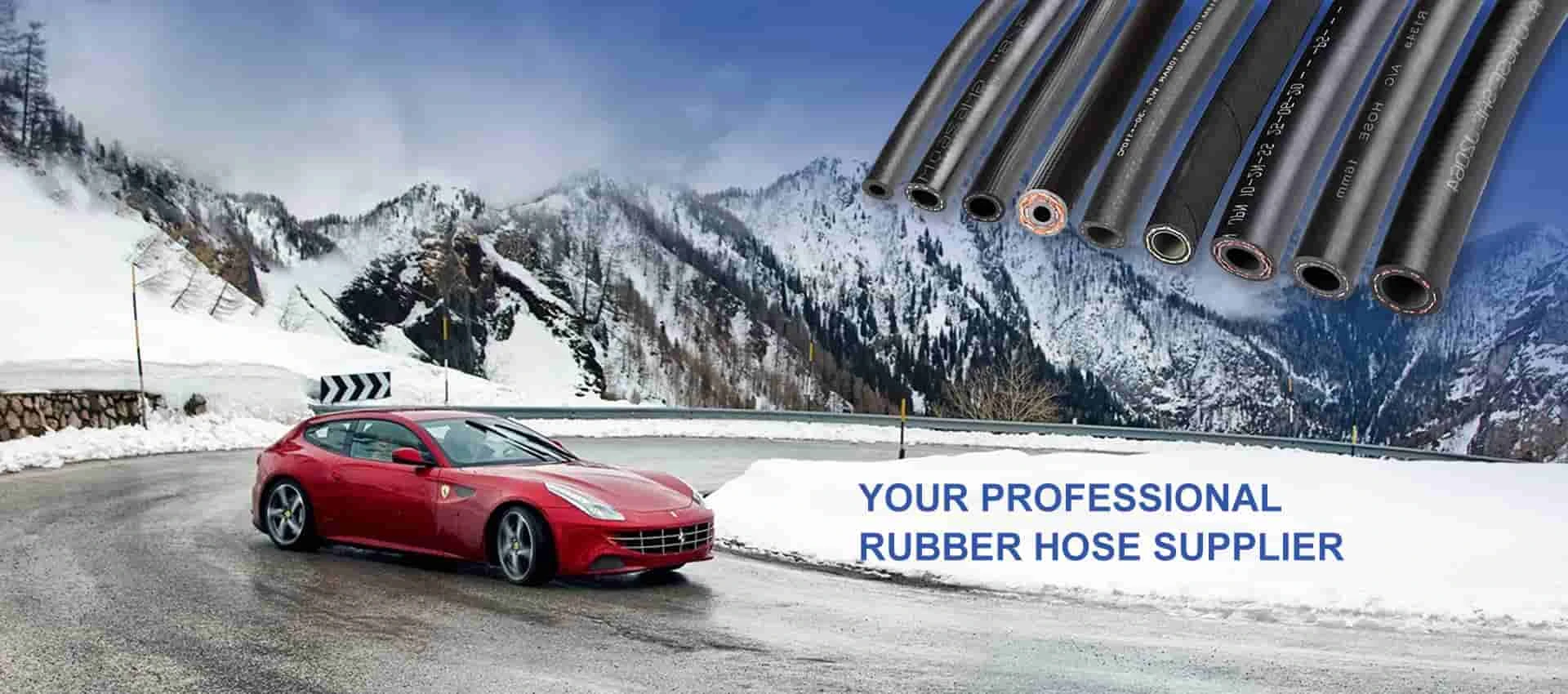Optimizing Fuel Delivery with High-Quality Injection Hoses for Better Engine Performance
Dec . 06, 2024 11:31 Back to list
Optimizing Fuel Delivery with High-Quality Injection Hoses for Better Engine Performance
Fuel Injection Hose An Essential Component for Modern Vehicle Performance
In today's world of advanced automotive engineering, the significance of every component in a vehicle cannot be overstated. Among these components, the fuel injection hose plays a critical role in ensuring optimal engine performance. This article delves into the intricacies of the fuel injection hose, its functions, types, materials, maintenance, and the implications of its failure.
What is a Fuel Injection Hose?
A fuel injection hose is a specialized type of tubing designed to transport fuel from the fuel tank to the engine's fuel injection system. Unlike traditional carburetors, modern engines rely on fuel injection systems, which inject a precise amount of fuel into the combustion chamber, optimizing efficiency and performance. The fuel injection hose is crucial in this process, as it must withstand high pressures and varying temperatures while ensuring a leak-free operation.
Functions of Fuel Injection Hose
The primary function of a fuel injection hose is to convey fuel, usually gasoline or diesel, under high pressure. This hose is vital for the engine’s performance for several reasons
1. Fuel Delivery It ensures consistent and reliable fuel delivery to the injectors, which is essential for maintaining engine power and efficiency. 2. Pressure Resistance Fuel injection systems operate at significantly higher pressures than traditional systems. The hoses must be designed to endure these pressures without failing.
3. Durability and Longevity The fuel injection hose must resist degradation from fuel, heat, and environmental factors, ensuring a long service life.
4. Safety A fuel leak can lead to serious safety hazards, including fires. Thus, the integrity of the fuel injection hose is paramount.
Types of Fuel Injection Hoses
Fuel injection hoses come in various types, each designed for specific applications. The most common types include
1. Rubber Hoses Traditionally, rubber hoses were the standard for fuel delivery. However, they can deteriorate over time due to exposure to heat and fuel.
2. Synthetic Hoses More modern vehicles typically use synthetic rubber or thermoplastic hoses, which offer superior resistance to heat, chemicals, and aging.
4. Fuel Line Assemblies These are pre-assembled hoses designed for specific vehicles, ensuring a perfect fit and enhanced reliability.
fuel injection hose

Materials Used
The materials used in the construction of fuel injection hoses are critical to their performance and longevity. Common materials include
- Ethylene Propylene Diene Monomer (EPDM) Known for its excellent resistance to heat and ozone, it is commonly used in synthetic hoses. - Nitrile Rubber This material is resistant to petroleum products, making it suitable for fuel injection hoses. - PTFE (Polytetrafluoroethylene) While costly, PTFE is inert to a wide range of chemicals and is often used in high-performance applications.
Maintenance and Inspection
Regular maintenance and inspection of fuel injection hoses are essential for preventing failures. Vehicle owners should pay attention to the following
1. Visual Inspections Look for signs of wear, such as cracks, bulges, or leaks. Any visible damage should be addressed immediately.
2. Age and Mileage Hoses should be replaced every 50,000 to 100,000 miles or as recommended by the manufacturer, regardless of their appearance.
3. Professional Checks It is advisable to have your vehicle serviced by professionals who can perform thorough inspections and replace hoses when necessary.
The Consequences of a Failed Fuel Injection Hose
The failure of a fuel injection hose can lead to several severe issues, including
- Fuel Leaks This can result in hazardous conditions, potentially leading to fires or explosions. - Engine Performance Issues A ruptured hose may cause the engine to run lean, leading to misfires, reduced power, or stalling.
- Increased Emissions Fuel leaks and improper combustion can cause higher emissions, contributing to environmental problems and potential failures during emissions testing.
Conclusion
In conclusion, the fuel injection hose is an integral part of modern automotive technology, essential for delivering fuel efficiently and safely to the engine. Understanding its functions, types, and maintenance needs can help vehicle owners ensure their cars perform optimally and remain safe throughout their lifespan. As automotive technology continues to evolve, staying informed about components like the fuel injection hose will enable drivers to make better choices for their vehicles' health and performance. Regular inspections and proactive replacements can go a long way in avoiding significant issues related to this crucial component.
